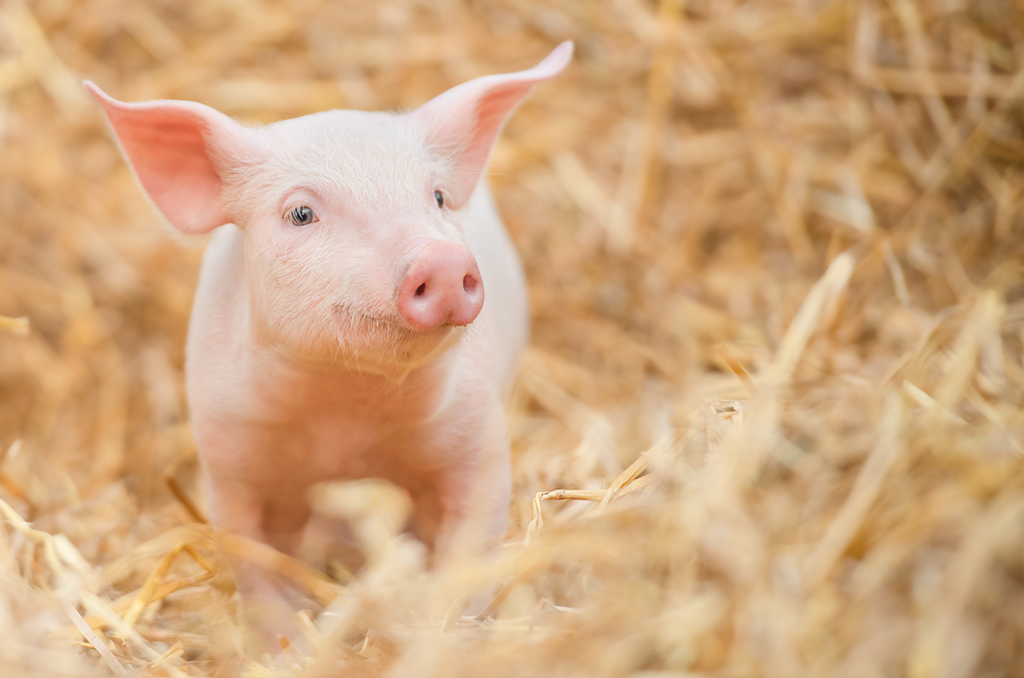
Scientists Investigate ‘Agriculture-Free’ Food Production
- foodfightadmin
- November 8, 2023
- Agriculture, Climate Change, Global Hunger
- rsc pages, rscl
- 0 Comments
IRVINE, Calif. – A groundbreaking study from the University of California, Irvine, along with other notable institutions, brings a transformative approach to tackling one of the most significant challenges in the fight against climate change: decarbonizing agriculture. Agriculture, crucial for human survival, paradoxically contributes about a quarter of the global greenhouse gas emissions due to its land use practices. This new research, published in Nature Sustainability, might just change the entire landscape.
The team, led by UCI Professor Steven Davis, a renowned expert in Earth system science, proposes a radical concept: creating food without farms. This method involves synthesizing dietary fats using chemical and biological processes, employing basic elements such as hydrogen from water and carbon dioxide from the air – essentially, the same raw materials plants use.
Professor Davis underscores the promise of this technology: “Envision a world where we no longer rely solely on traditional agriculture. Our method could dramatically reduce climate warming emissions and protect biodiverse lands from agricultural exploitation.” This innovative approach to food production could offer significant environmental and societal advantages, such as reduced water use, diminished pollution, increased local control over food production, and fewer weather-related food shortages.
Additionally, this method could reduce the need for low paying and labor intensive farm work. A remarkable benefit, as highlighted by Professor Davis, is the possibility of restoring current farmlands to their natural state, thereby enhancing biodiversity and establishing natural carbon sinks.
The focus on synthesizing fats is particularly intriguing, given that they are the simplest nutrients to create thermochemically. The researchers draw parallels to existing large scale processes in industries like soap making and polymer chemistry. They estimate that these synthetically produced fats could dramatically lower carbon emissions compared to their agriculturally derived counterparts.
The study also acknowledges a significant hurdle: public acceptance. “The source of our food is a deeply personal matter for many,” admits Professor Davis. “While people might not scrutinize the fats in processed foods, the idea of consuming products from a food refinery rather than a traditional farm might require a paradigm shift.”
This pioneering research, financially supported by the National Science Foundation and the U.S. Department of Agriculture, involves a collaborative team from esteemed institutions, including the Carnegie Institution for Science, Orca Sciences, the University of Waterloo, and Tsinghua University.
As the world grapples with the dual challenges of feeding a growing population and combating climate change, this groundbreaking study offers a glimpse into a future where food production no longer compromises our planet’s health. Stay tuned as this story develops, bringing hope and innovation to the forefront of agricultural science.








